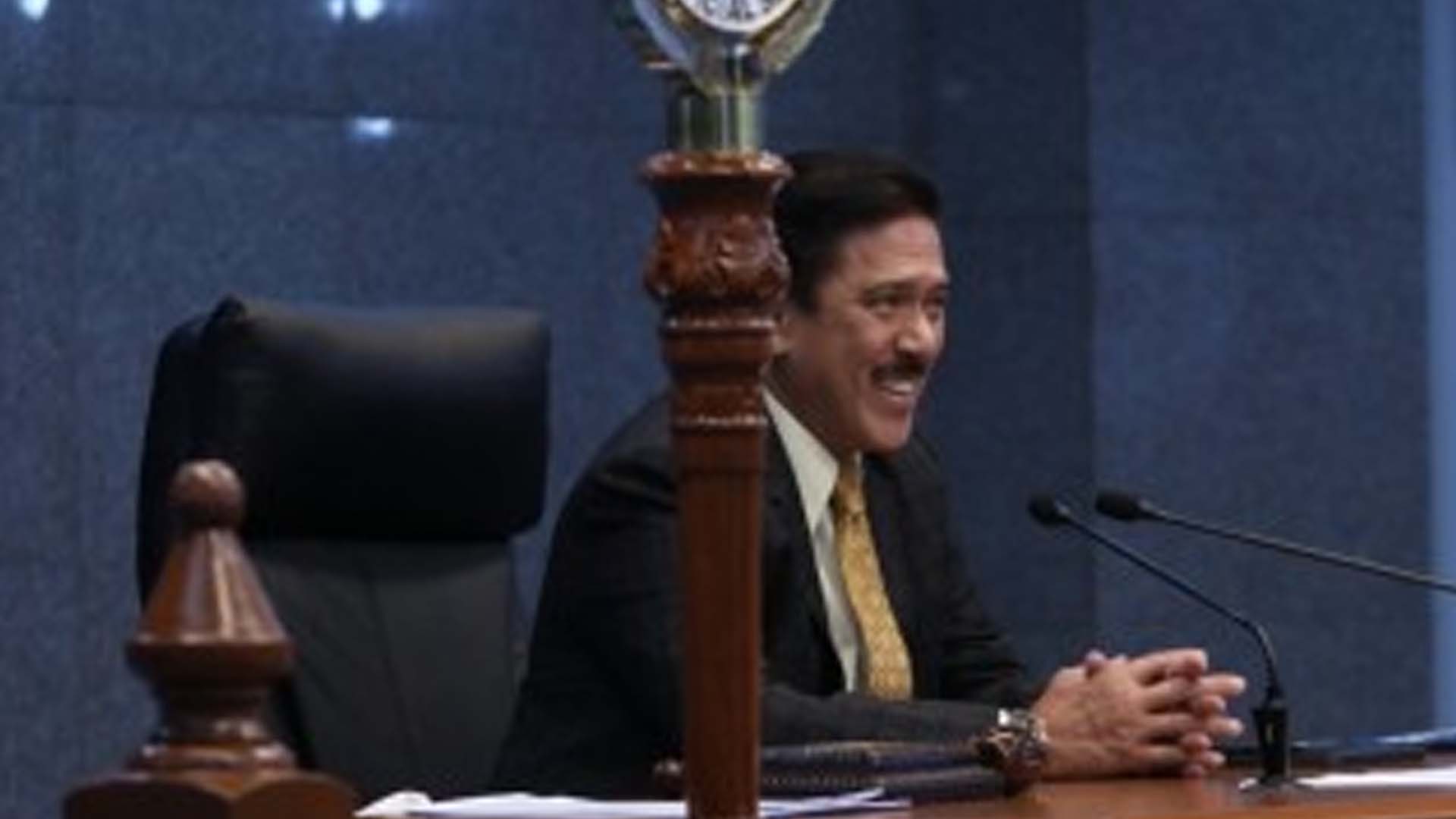Senate leaders expressed their opposition to the proposal seeking to extend the maximum period of probationary employment from six months to 24 months.
Senate President Vicente Sotto III said the proposal practically goes against the move to end contractualization.
“It needs a considerable amount of study,” Sotto said in a message to reporters.
For Senate Minority Leader Franklin Drilon, the proposal may not even merit the review of the chamber.
“I will oppose its passage. If the House passes it, consider it DOA (dead on arrival) in the Senate. Hindi ito makatarungan. Hindi makatwiran (It is not fair. It is not reasonable),” Drilon said in a separate message.
Earlier, Senator Joel Villanueva said the current six-month probationary period is enough for employers to assess their new employees.
“Applicants go through a battery of tests and a series of interviews to determine their fitness for the job. The six-month probationary period is the window of opportunity for employers to vet if the skills of the applicant meet their requirement,” the chair of the Senate labor panel said in a statement.
“It is up to the employer to set performance indicators to determine if the applicant is the right fit for the job. It is likewise the responsibility of the employers to check the progress of their employees to make sure they meet their companies’ standards,” Villanueva said.
The senators were referring to House Bill 4802 that was filed by Probinsyano Ako party-list Rep. Jose Singson Jr.
The proposed measure seeks to extend the probationary employment period to up to two years to give employers a longer time to evaluate their employees for regularization.
The Department of Labor and Employment has already expressed its opposition to the bill.
Labor Secretary Silvestre Bello III said extending the probation period “violates the workers’ right to security of tenure.”
The Cabinet official also warned that the proposal might even “encourage illegal contractualization practices.” (PNA)








